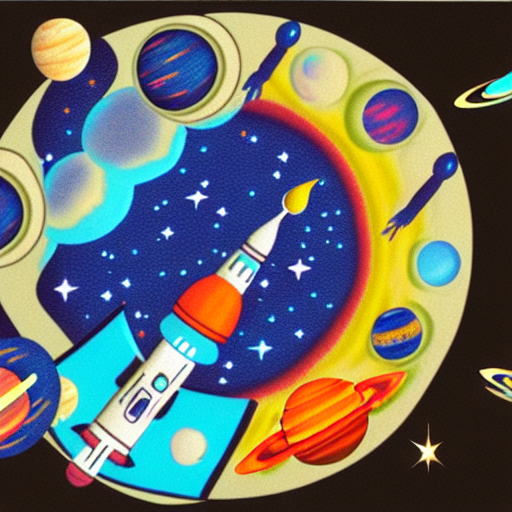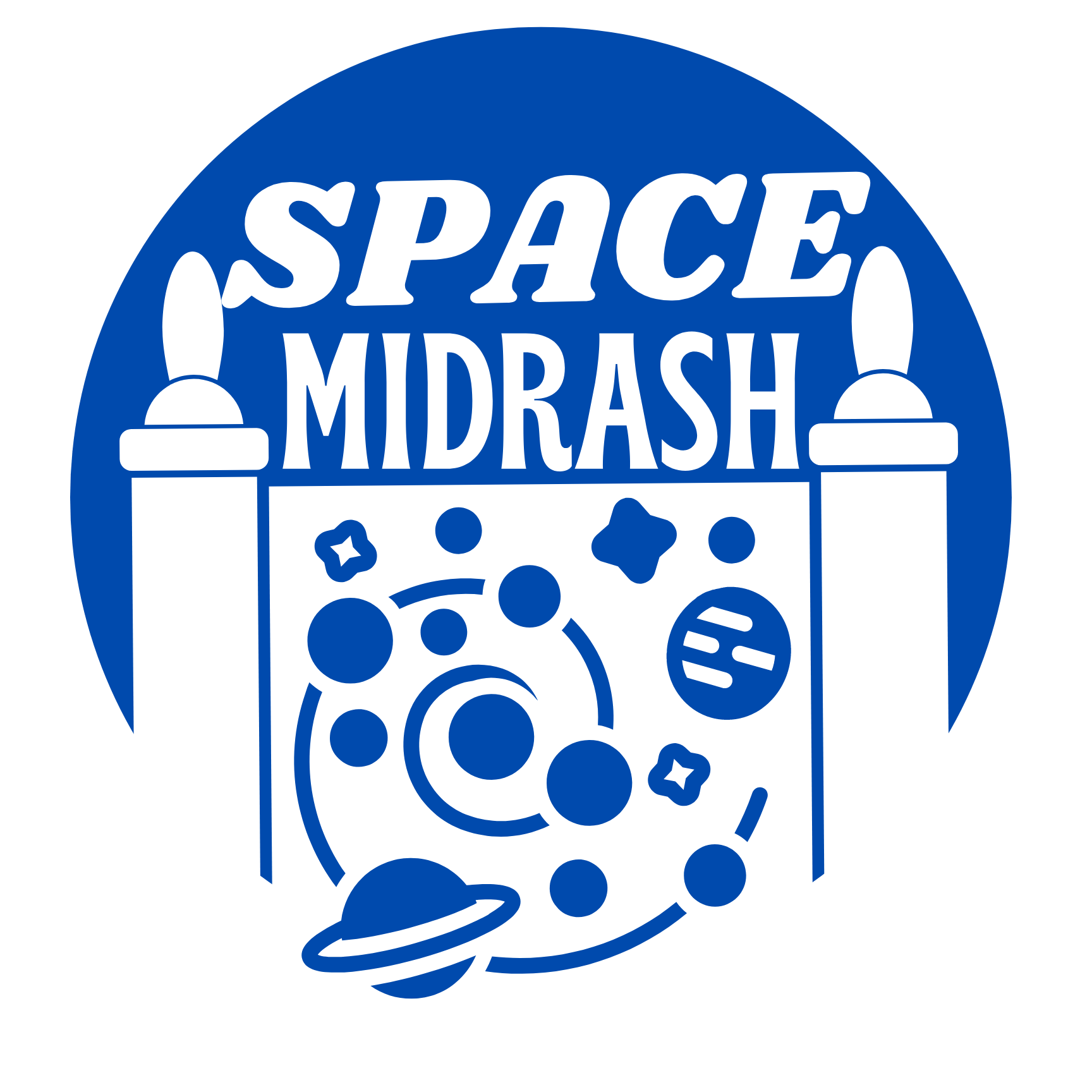Jacob will explore a weekly religious ritual that begins with counting stars: Havdalah. Through a multisensory experience the Human sense of time is validated. However, this ritual is not just valuable to humans on earth but can provide re-connection to earth or the same re-validation of marking one’s own time.

Transcript:
The universe is infinite, and it’s made out of space and it’s made out of time. There’s astronomical reasons for how we account for time or mathematical reasons. Except for the seven day week. There is no astronomical or mathematical a medical reason for a seven day week. But the ancient practice of counting a week at seven days withstood the test of time. And in particular, the Jewish practice of marking a Sabbath once a week and finishing that Sabbath and declaring a new week through the practice of havdala said something big about the human body in the universe.
You are listening to space midrash. This is episode eight titled “Havdala: Human Sense and Time and Space.” In this episode, we’re going to cover how havdala makes human timeframes valuable within this context that is the greater universe. My name is Jacob Sager. I’m a recovering English major who thrice started the path to being a rabbi, but found myself elsewhere. While I’m unconvinced of the divine origin of human rituals, as someone who was Bar Mitzvah in the year 2001, I believe that the thousands of years of cultural development that is Jewish civilization has created something more meaningful than we can understand.
And I think that in particular, the practice of havdala is a tool to calibrate time and space from and for the human perspective. Usually this show is more historical or cultural, but this episode will touch on the religious and the spiritual to articulate havdala as a meaningful human ritual anywhere in the universe. This is Space midrash episode eight titled human Sense in Time and Space.
What is havdala? Havdala is a ritual which takes place on Saturday night. Once one can see three stars from where they are, then you can begin this ritual. You light a candle and you make a blessing over the wine, and you make a blessing over the spices and smell them, and you make a blessing over the fire, and you use the light to look at one’s hands. And then you make a blessing over God, distinguishing the sacred from the profane, the holy from what is undistinguished. And then you extinguish the fire into the wine and listen to its sizzle.
It’s a multisensory experience: one of taste, one of smell, one of sight, one of feeling, and one of listening. But really importantly, it is one touching into the sense of time. And it begins by looking out for the furthest thing. You don’t look for anything on planet Earth. You don’t even just look to see if it’s dark. You look to see what’s there. It’s similar in a way to how once the candle is lit, you’re looking at your hands in the darkness.
Fire has a functional purpose here as a mitzvah to provide light, illumination. Fire is the most basic invention. Naturally, it does exist. The sun is a big ball of fire. Fire is one of the most primitive things that was harnessed by humanity to become humanity, to separate us from the animals. The havdala candle exists for itself. It exists really for light. And you were to be in the darkness and to see your fingers against that darkness illuminated by the light because the universe is mostly dark, and wherever there is light, then we can come into our senses. It’s like we finally exist.
The seven day week, as I touched on before, isn’t natural. It came from ancient Assyria, and the Jewish people turned it into a weekly holiday. Shabbat and havdala are more intellectual existential distinctions than an actual natural occurrence or something that is mathematically derived from natural occurrences. Havdala helps us assert our senses as a natural part of the universe. That our observation and senses of the natural universe is how we know we exist and that the universe exists. Our marking of time is what entwines our lives to that existence, and it’s what makes us human and what makes us have history and what makes us have full lives.
It’s real, and it’s made up. The real experience of being a creature somewhere experiencing lighter darkness and making a measurement or declaration of what that means. That’s what we’re doing by tracking time. And it’s real, and it does really exist because we say so.
If you’re deep in space, so you’re not actually on another planet, so you don’t have another atmosphere to give you sky. You’ll see stars all the time. So when can you do havdala? You’re always easy to see three stars, I would assume. Or if you’re on Mars, Mars has a different day. It is not 24 hours. Mars has a different year. And it has I don’t know if a seven day week fits the right way with the astronauts who have asked rabbis about keeping Shabbat and outer space.
The advice was to keep time based off of where you lived or where you launched from. But what if you’re no longer going back to Florida? What if you’re no longer going back?
So the relative place where you have havdala is where you are in the universe. And so you look up from the Martian sky. Maybe you see three stars earlier, maybe you see them later. Maybe that amount of time that equals seven days or whatever concession you make to keep your sanity as being an Earthborn person is relative. But that doesn’t mean it’s wrong or that another system is wrong. And it doesn’t mean that there’s a problem here. It means that wherever you are in the universe and you’re a human sensing being, you have the power to declare what time it is.
Havdala is the end of Shabbat. Shabbat being this weekly holiday to abstain from work. The universe is in perpetual Shabbat. Nothing is working. It’s just happening. It just is. As far as we know, the only things that are working and need to abstain from work is humans and human civilization.
It’s interesting to bind oneself in these rituals that they make our size and our life meaningful. You’re looking out for stars, going as far as you can. You’re smelling. You’re going deeply inward. You’re pulling your senses into your body. The universe is vast, and some could say it’s unforgiving or chaotic or ultimately or inherently meaningless. But what’s meaningful is being a human and knowing you exist and marking time. That’s what gives you a place in the universe, and that is what will grow your place in the universe.
I’ve been thinking on this for a while, and I wanted to share these ideas. I don’t normally get religious or too spiritual on this show. I try to stay philosophical, but I think there’s something here, something beautiful, something meaningful, something fun, even. I love havdala. I encourage anyone listening to find other people you can do it with. There are many beautiful tunes, and there’s so much beautiful Judaica like objects to go to support you in your process of doing havdala.
